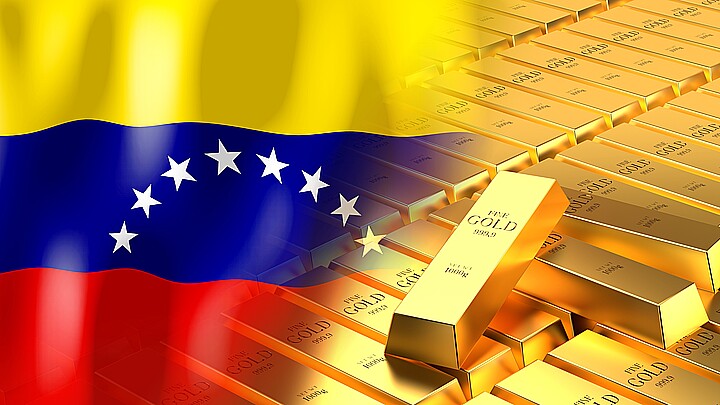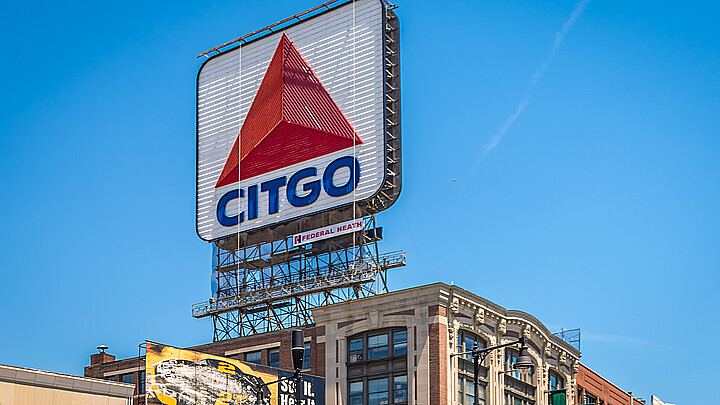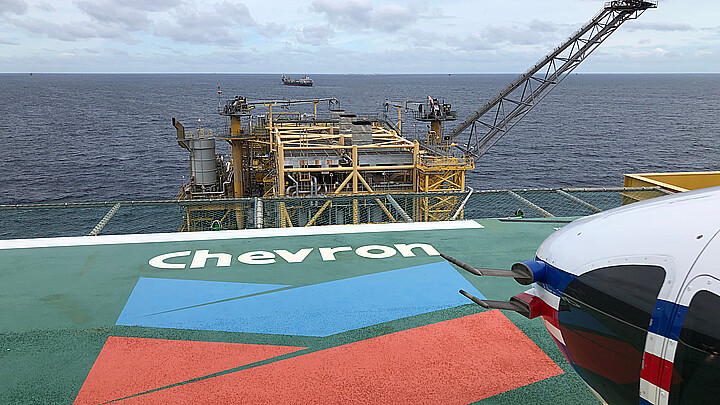Business
Venezuela signs 20-year cooperation plan with Iran to circumvent U.S. sanctions
The new economic alliance will pull the communist South American country closer to the Islamic Republic in the Middle East
June 13, 2022 8:50am
Updated: June 13, 2022 9:17am
Nicolás Maduro is a man with a plan—at least when it comes to circumventing U.S. economic sanctions.
The Venezuelan communist leader has signed a 20-year cooperation plan with the Islamic Republic of Iran as part of a design to thwart U.S. economic sanctions.
The plan involves the two nation-states engaging in economic cooperation on specific sanctioned products such as agriculture, culture, defense, oil petrochemicals and tourism, U.S. officials report.
A signing ceremony took place in the Iranian capital city of Tehran on Saturday with the two country’s leaders Iranian President Ebrahim Raisi and Maduro.
Exchanges between the two leaders seemed to demonstrate a new economic alliance and loyalty toward one another.
The agreement “shows the determination of the high-level officials of the two countries for development of relations in different fields,” Ebrahim Raisi,” said at a joint press conference in the Iranian capital.
“Venezuela has shown exemplary resistance against sanctions and threats from enemies and Imperialists. The 20-year cooperation document is testimony to the will of the two countries to develop ties.”
Maduro told the Islamic Republic’s leaders, “You came to our aid when the situation in Venezuela was very difficult and no country was helping us… We have important projects of cooperation between Iran and Venezuela in the fields of energy, petrochemicals, oil, gas and refineries.”
Iranian leaders said the cooperation agreement was a symbol of how committed both regimes were to thwarting U.S. sanctions.
“Sanctions and threats against the Iranian nation over the past 40 plus years have been numerous, but the Iranian nation has turned these sanctions into an opportunity for the country’s progress,” Raisi said.
Supreme Leader Ayatollah Ali Khamenei reportedly met with Maduro personally and promised the Islamic Republic would support his regime, and Maduro pledged a weekly flight from Caracas to Tehran would start in July.
“The successful experience of the two countries showed that resistance is the only way to deal with these pressures,” Khamenei said. “The two countries have such close ties with no other country, and Iran has shown that it takes risks in times of danger and holds its friends’ hands.
The Supreme Leader Ayatollah Ruhollah Khomeini took control of Iran from the Shah Mohammad Reza Pahlavi after he fled the country Jan. 16, 1979.
Iran voted by national referendum that April to become an Islamic Republic and approve a new theocratic-republican constitution resulting in a new regime that suppressed most basic civil liberties.
The U.S. imposed sanctions just a few months later in November 1979 after a group of armed, regime backed Iranian students seized the American Embassy in Tehran.
The students held a group of 52 American diplomats and citizens hostage for 444 days until President Ronald Reagan was sworn in to office on Jan. 20, 1981.
Nicolás Maduro is not recognized as the President of Venezuela by the U.S. and currently remains under indictment on drug trafficking charges with the U.S. Department of Justice.











